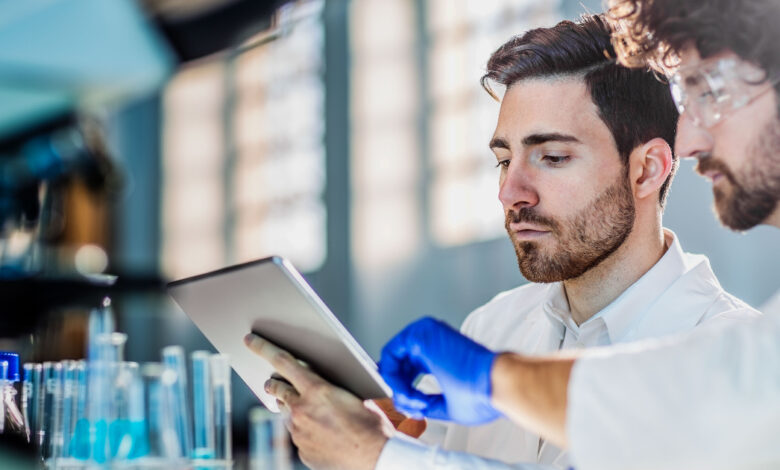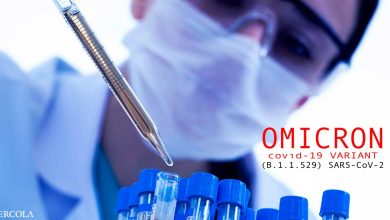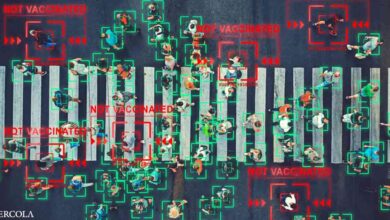AI, automation bring comfort to overburdened lab workers


A recent survey found that 39% of more than 400 laboratory professionals surveyed said staffing shortages were a significant obstacle to maintaining high standards of care.
The survey, conducted by Siemens Healthineers and The Harris Poll, provides a comprehensive look at the operational challenges facing clinical laboratory workers, revealing that these professionals are experiencing severe burnout and that most laboratory professionals (83%) expect demand for testing services to continue to increase.
While more than half (52%) said they were concerned that automation could take their jobs and 27% feared losing their jobs to new technology, the majority (95%) said they believed automation would improve patient care.
Laboratory professionals said they would use the time saved through automation for training (46%), quality control (42%), and sample management (39%).
Nearly nine in 10 (89%) respondents said their lab needs automation to meet demand, while 91% of lab workers surveyed said they agree that AI tools can help solve patient care challenges.
Laboratory workers said they know that burnout can lead to errors ranging from administrative errors, transcription errors, or low-risk repeat testing errors to more serious situations involving biohazard exposure or inaccurate test results.
Fourteen percent of respondents admitted to making high-risk errors and 22% admitted to making low-risk errors.
Nearly a quarter (24%) of those surveyed said they had seen high-risk errors in others, and 25% had seen low-risk errors. Another 29% did not make errors but worried about them due to overwork.
Michele Zwickl, senior vice president of commercial laboratory solutions for Siemens Healthineers, North America, said what surprised her was the percentage of laboratory professionals who believe automation is the solution.
“With vacancy rates in laboratories rising and not enough laboratory professionals to fill positions, virtually all laboratory professionals agree that automation will be a necessary solution to help address their most pressing challenges,” she said.
She added that using automation to alleviate the burden of repetitive tasks is not only essential to maintaining high-quality testing and allowing laboratory professionals to focus on critical activities, but also to ensure the safety and well-being of both patients and staff.
While survey data shows that AI-integrated tools or technologies are the fastest growing area that labs expect in the coming year (41%), fewer respondents believe the same will be true for digital/AI-driven pathology diagnostics (34%).
“We value the fact that we operate in a safety-critical, highly regulated industry that exists to protect and ensure patient safety, and that requires additional perspectives for us to explore AI use cases,” Zwickl said.
She explained that each lab is structured differently, but overall, there needs to be buy-in at all levels to successfully integrate this technology.
“From the technicians and lab managers to the hospital director or the purchasing department making financial decisions, there has to be consistency across the board,” she said.
In Zwickl’s view, the data clearly shows that automation and AI can help alleviate some of the most pressing challenges facing clinical laboratories today.
“Stakeholders can come together to integrate this technology to make labs more efficient and ultimately improve the quality of patient care,” she said.
Nathan Eddy is a healthcare and technology freelancer based in Berlin.
Email the author: [email protected]
Twitter: @dropdeaded209
The HIMSS Healthcare AI Forum is scheduled for September 5-6 in Boston. Learn more and register.




